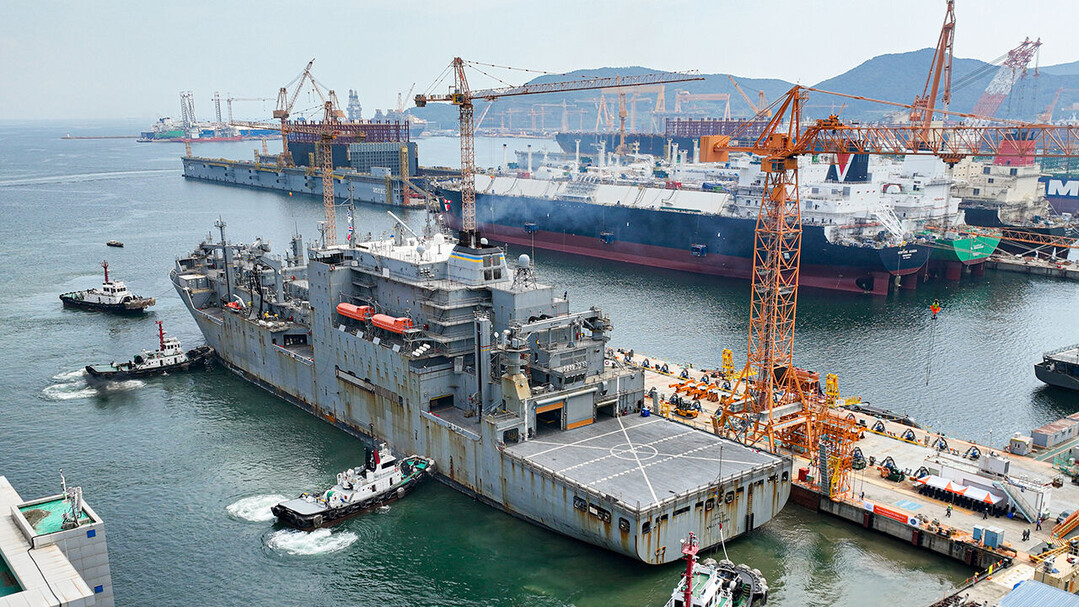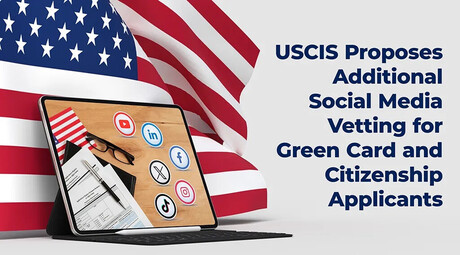
SEOUL, South Korea – HD Hyundai is accelerating its entry into the U.S. market through comprehensive collaboration with a local American shipbuilding company. This move is particularly significant given the increasing likelihood of President Donald Trump's re-election, which is expected to intensify the "America First" stance and reinforce domestic industry protection and development. HD Hyundai's initiative is being hailed as opening a new chapter in economic security cooperation between South Korea and the United States. It signifies that a South Korean company will play a pivotal role in the national endeavor of rebuilding the U.S. shipbuilding industry, going beyond mere corporate cooperation.
On June 19 (local time), in New Orleans, Louisiana, HD Hyundai announced on June 22 that it had signed a "Strategic and Comprehensive Partnership for U.S. Commercial Vessel Construction" with Edison Chouest Offshore (ECO), a U.S. shipbuilding group. This agreement clearly demonstrates HD Hyundai's commitment to contributing to the strengthening of America's maritime industry infrastructure based on its world-leading shipbuilding technology.
ECO, a major shipbuilding group with five commercial vessel construction yards in the U.S., boasts global competitiveness, particularly in the Offshore Support Vessel (OSV) sector, with a track record of building and operating over 300 vessels. While ECO has primarily focused on building vessels related to offshore drilling and production, its strategy through this collaboration with HD Hyundai is to significantly enhance its commercial vessel construction capabilities. This aligns with U.S. policy goals of increasing the domestic production share of its shipping industry and, furthermore, ensuring the stability of maritime logistics.
Through this partnership, the two companies plan to jointly build medium-sized liquefied natural gas (LNG) dual-fuel container carriers at ECO shipyards by 2028. LNG dual-fuel vessels are a prime example of eco-friendly ships, experiencing rapidly increasing demand due to strengthening environmental regulations from the International Maritime Organization (IMO). HD Hyundai will provide essential know-how, including ship design, procurement agency for materials and equipment, and construction technology support. It will also manufacture and supply some ship blocks and invest in technological assets. The synergy between HD Hyundai's extensive experience in LNG ship construction and ECO's local building capabilities is expected to be maximized.
This partnership came about as ECO reportedly first requested cooperation from HD Hyundai to strengthen its commercial vessel construction competitiveness, underscoring the high regard for HD Hyundai's technology in the U.S. market. The two companies plan to expand the scope of their cooperation beyond medium-sized container vessels to other vessel types in the future. This opens up the possibility for HD Hyundai to enter the U.S. market in various commercial vessel sectors, including oil tankers and bulk carriers.
Furthermore, the companies will cooperate in the port crane sector, an area with strong security implications. Port cranes are critical infrastructure that controls the flow of logistics in major ports and are directly linked to national security. The U.S. government has consistently raised security concerns about Chinese-made cranes and encourages the adoption of domestically produced or allied-sourced cranes. HD Hyundai possesses crane production capabilities through its subsidiary, HD Hyundai Infracore. If this cooperation extends to the port crane sector, it would be a significant example of a South Korean company directly contributing to strengthening the U.S.'s critical infrastructure security.
An HD Hyundai official stated, "The United States is our strong ally and an important business partner. We plan to actively support efforts to rebuild the U.S. shipbuilding industry and strengthen security through cooperation with ECO." This statement suggests that the collaboration transcends a simple commercial relationship and encompasses strengthening the strategic partnership between the two nations.
If President Donald Trump returns to power, the "America First" stance is expected to intensify, accelerating efforts to protect domestic industries and reorganize supply chains. In this context, the partnership between HD Hyundai and ECO is anticipated to present a new model for achieving common economic security goals by establishing a complementary relationship, with a South Korean company providing the technology and production capabilities the U.S. needs. Through this cooperation, HD Hyundai is projected to establish a firm foothold in the U.S. market and play a pivotal role in solidifying economic cooperation between South Korea and the United States.
[Copyright (c) Global Economic Times. All Rights Reserved.]





























